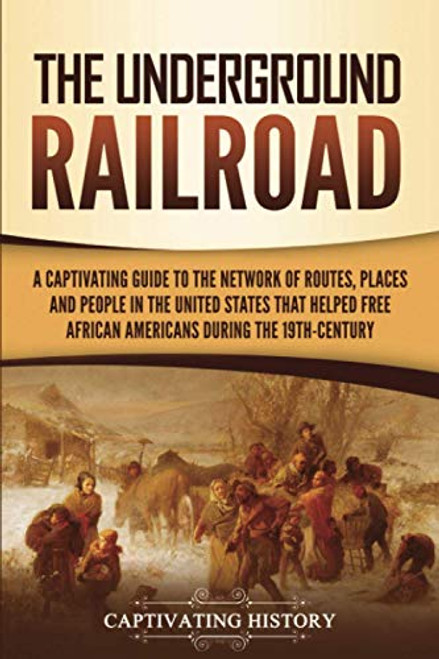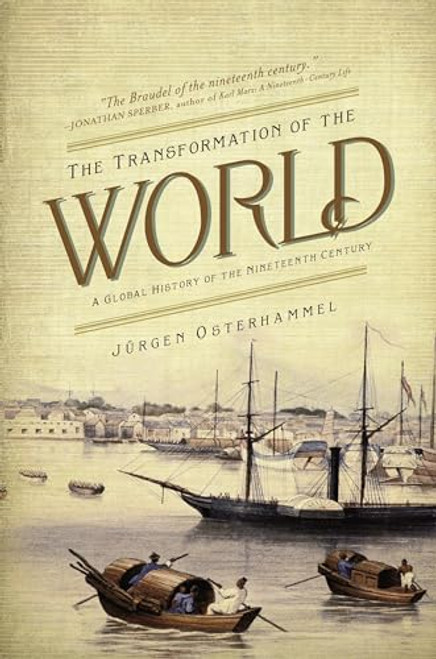In 1823, as the first American missionaries arrived in Hawaii, the archipelago was experiencing a profound transformation in its rule, as oral law that had been maintained for hundreds of years was in the process of becoming codified anew through the medium of writing. The arrival of sailors in pursuit of the lucrative sandalwood trade obliged the alii (chiefs) of the islands to pronounce legal restrictions on foreigners' access to Hawaiian women. Assuming the new missionaries were the source of these rules, sailors attacked two mission stations, fracturing relations between merchants, missionaries, and sailors, while native rulers remained firmly in charge.
In The Kingdom and the Republic, Noelani Arista (Kanaka Maoli) uncovers a trove of previously unused Hawaiian language documents to chronicle the story of Hawaiians' experience of encounter and colonialism in the nineteenth century. Through this research, she explores the political deliberations between alii over the sale of a Hawaiian woman to a British ship captain in 1825 and the consequences of the attacks on the mission stations. The result is a heretofore untold story of native political formation, the creation of indigenous law, and the extension of chiefly rule over natives and foreigners alike.
Relying on what is perhaps the largest archive of written indigenous language materials in North America, Arista argues that Hawaiian deliberations and actions in this period cannot be understood unless one takes into account Hawaiian understandings of the pastand the ways this knowledge of history was mobilized as a means to influence the present and secure a better future. In pursuing this history, The Kingdom and the Republic reconfigures familiar colonial histories of trade, proselytization, and negotiations over law and governance in Hawaii.












